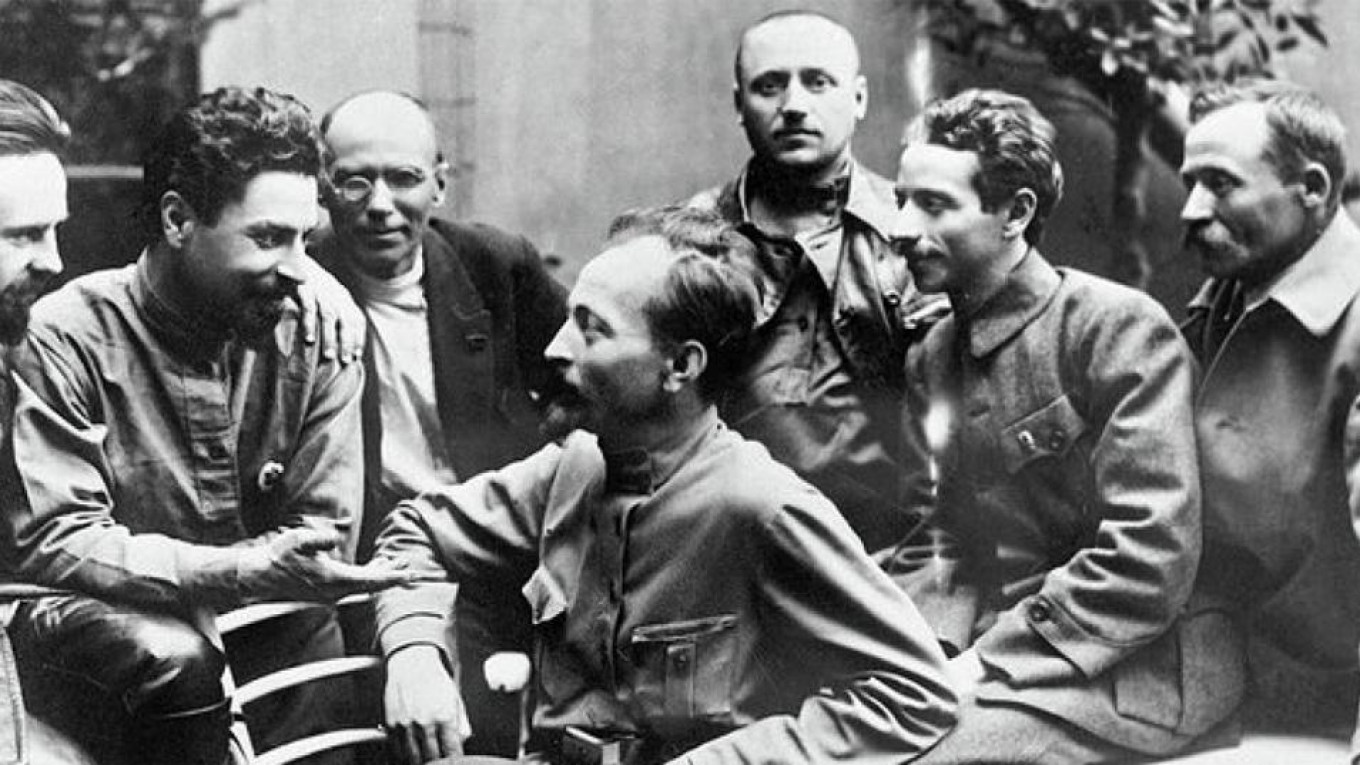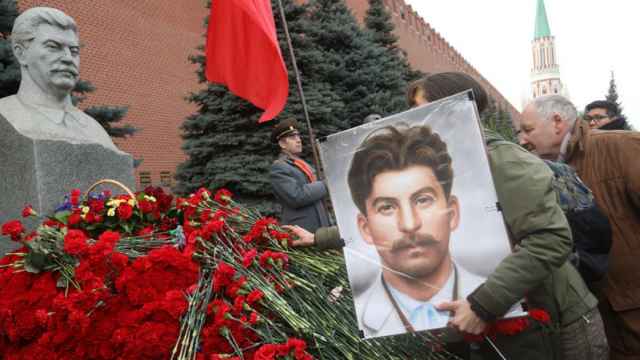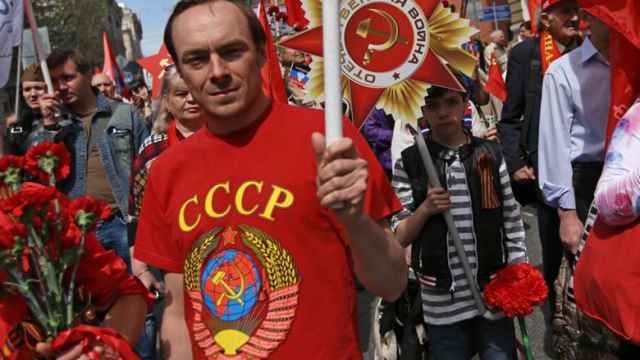The number of Russians who associate Soviet-era secret police with oppression has fallen by half, according to a new poll published by the Levada Center.
Russia’s Justice Ministry labelled the independent Levada Center a “foreign agent” in 2016 after an inspection of the pollster’s documents determined that it was receiving foreign funding and engaging in "political activity." As a result of the ruling, Levada announced it would be withdrawing from election-related polling ahead of the March 2018 presidential elections.
Only 12 percent of Russians said they associated the Cheka Soviet-era secret police force with political terror and the persecution of dissidents, according to the new Levada poll published on Thursday.
Levada said the number had decreased by almost two-fold since 1997 when 23 percent of Russians held the same views.
Meanwhile, the number of Russians who associate the KGB secret police with “defending national interests and state secrets” has nearly doubled, from 22 percent in 2000 to 41 percent this year.
Sociologist Denis Volkov told the RBC business portal that Russians’ attitudes toward the Soviet secret police may have improved due to the "increasing legitimacy of state and law-enforcement agencies" following the 2014 referendum in Crimea and the war in Syria.
He also attributed the change to the absence of criticism of intelligence agencies in state TV programming and the positive portrayals of secret agents in movies and television shows.
The Levada Center poll was conducted among 1,600 people in 48 Russian regions on Jan. 19-23.
A Message from The Moscow Times:
Dear readers,
We are facing unprecedented challenges. Russia's Prosecutor General's Office has designated The Moscow Times as an "undesirable" organization, criminalizing our work and putting our staff at risk of prosecution. This follows our earlier unjust labeling as a "foreign agent."
These actions are direct attempts to silence independent journalism in Russia. The authorities claim our work "discredits the decisions of the Russian leadership." We see things differently: we strive to provide accurate, unbiased reporting on Russia.
We, the journalists of The Moscow Times, refuse to be silenced. But to continue our work, we need your help.
Your support, no matter how small, makes a world of difference. If you can, please support us monthly starting from just $2. It's quick to set up, and every contribution makes a significant impact.
By supporting The Moscow Times, you're defending open, independent journalism in the face of repression. Thank you for standing with us.
Remind me later.






